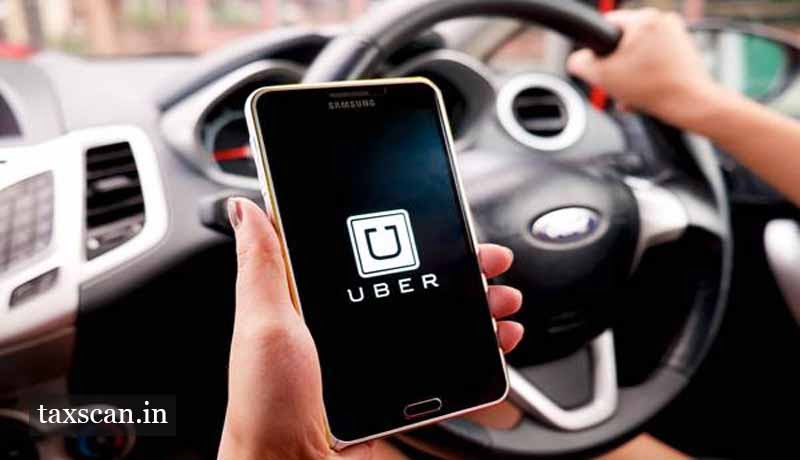Services of Uber is classifiable as ‘Transport Service’, says European Court

UBER
UBER
In a significant judgment, the European Unions’ Apex Court last week held that the services rendered by uber must be treated as a transport service and therefore, should be taxed as other taxi operators.
The Court declared that an intermediation service such as that at issue in the main proceedings, the purpose of which is to connect, by means of a smartphone application and for remuneration, non-professional drivers using their own vehicle with persons who wish to make urban journeys, must be regarded as being inherently linked to a transport service and, accordingly, must be classified as ‘a service in the field of transport’ within the meaning of EU law. Consequently, such a service must be excluded from the scope of the freedom to provide services in general as well as the directive on services in the internal market and the directive on electronic commerce.
Uber, which allows passengers to summon a ride through an app on their smartphones, has transformed the taxi industry since its launch in 2011 and now operates in more than 600 cities globally.
In the instant case, a professional taxi drivers’ association in Barcelona approached the authorities complaining that Uber’s activities in Spain amounted to misleading practices and unfair competition from Uber’s use of non-professional drivers.
During the course of hearing, Uber had argued it was simply a digital app that acted as an intermediary between drivers and customers looking for a ride and so should fall under lighter EU rules for online services.
“The service provided by Uber connecting individuals with non-professional drivers is covered by services in the field of transport,” the European Court of Justice (ECJ) said.
“Member states can, therefore, regulate the conditions for providing that service,” it said.
To Read the full text of the Press Release CLICK HERE

